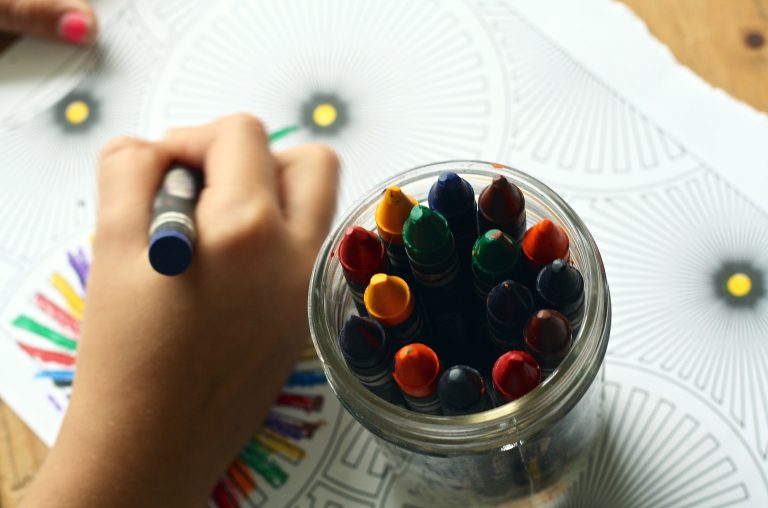Having children at a younger age is not an altogether bad thing, but it can present some unique challenges for young parents. While these parents are likely to have more time and energy to play with and enjoy their children, the reality of the impact of raising children at a young age can take its toll.
Parenting is a wonderful, yet incredibly stressful job and it undoubtedly changes your relationship with your partner. With a fifth of new parents splitting up after welcoming their child into the world, you may also need to consider the lifelong consequences of single or co-parenting for both you and your child.
While there’s no rules around when it’s best to have children, as it’s a personal choice for everyone, doing so at a young age means that you are likely to have spent less time with your partner pre-baby, less time building your career, and you’ll have less life experience.
1. Putting Personal Goals on Hold
When you have a baby, your personal goals, wants and needs get pushed onto the back burner. Achieving your goals in your professional and personal life becomes much harder when you have to prioritize your little one, and arranging childcare if you want to do something alone isn’t always easy. Parenting with a partner is a game of compromise, where you should share the load evenly so that you both feel you don’t lose your personal identity.
As young parents, you’ll likely lean on your family members for support, but you need to be aware that your plans to travel the world, build a business, or even go out with your friends on a Saturday night may have to wait until your children have grown up.
2. Financial Struggles
The average cost of raising a child in the US is $233,610, and with the current cost of living crisis seeing our housing, electricity, food and fuel prices continue to rise well above the national minimum wage, this number is ever increasing. Young parents may not have had time to establish their careers and be in a financially stable position to raise their children, which puts pressure on their families and the government to support them.
Even if you continue to work once your baby has arrived, the cost of nursery can eat into your salary considerably and leave you little extra money left over to cover living costs. Niceties such as family holidays and days out are also very expensive, as holiday companies put their prices up massively out of school term times.
3. Social Pressures
There can be a lot of social backlash when you have a child at a young age. Even if you feel ready, be prepared to face judgment and stigmas from society as a whole. Many young parents report losing friendships as their priorities shift away from those of their peers, as instead of going out and partying you’ll be at home rocking your baby to sleep. If you are still a teenager, it’s also far more challenging to finish your education with a baby to raise.
Parents of all ages often feel a huge amount of pressure to be a ‘perfect parent’, but young parents can feel this much more intensely, and this can lead to serious mental health issues, such as anxiety and depression.
4. Medical Risks
For teenage mothers, pregnancy and birth brings an increased risk of medical complications, including eclampsia, postpartum endometritis, low birth weight and preterm delivery. While complications can occur throughout pregnancy and birth at any age, these issues are well worth considering if you’re thinking about starting a family at a young age.
On the flip side, having a child in your late 20s to 30 years old increases your odds of conceiving and having fewer complications in your pregnancy and birth.
Accessing Support
There is plenty of support available for young parents, and you should never feel embarrassed or ashamed to ask for help when you need it. Self-care is extremely important, and you should always take the time to take care of yourself! Raising children is a magical experience like no other, even if it does come with a never-ending stream of challenges. And despite the obstacles young parents face, many still go on to become extremely successful and raise happy families.
– Article and Resources Contribution by Lily Jones (successful business owner who had children in her early 20s)
Work with me personally! Click for more information on my coaching sessions. Please click here if you’d like to reach out to me for general inquiries, media appearances, and/or speaking engagements.
To you and your family living a more healthy, productive, and fulfilling life!

Sources:
https://www.comparethemarket.com/life-insurance/content/a-guide-for-young-parents/
https://www.cgbabyclub.co.uk/love-dont-judge/younger-parents.html
https://www.lv.com/life-insurance/articles/cost-of-raising-a-child
https://www.bbc.com/worklife/article/20230628-why-couples-fight-after-having-a-baby









